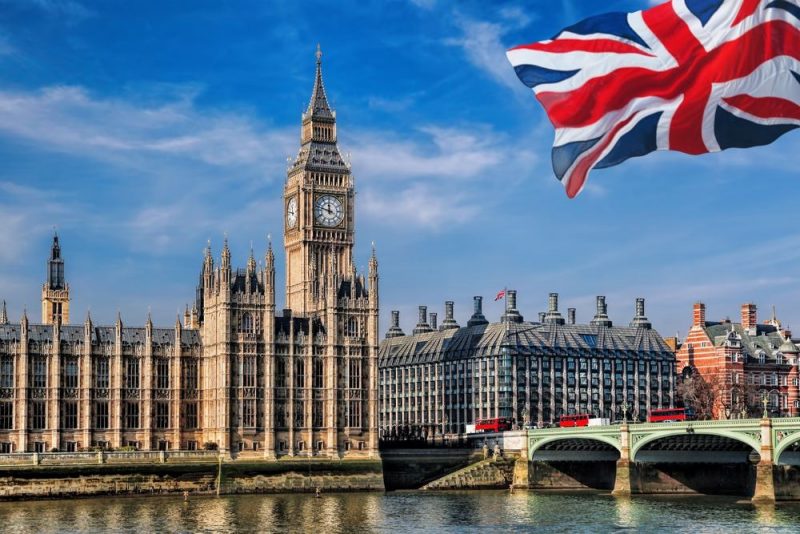British businesses are scaling back their staffing and wage increase plans this month, possibly due to the looming April hike in the minimum wage, as per a Wednesday survey.
The Lloyds Bank Business Barometer indicates a drop in staffing intentions, with the measure falling to 27 per cent from February’s peak of 36 per cent. Similarly, the proportion of firms anticipating wage hikes of 3 per cent or more over the next year dipped from 35 to 33 per cent.
Hann-Ju Ho, a senior economist at Lloyds Bank Commercial Banking, suggests that smaller businesses might particularly feel the impact of the upcoming wage rises.
In April, the minimum wage in Britain will surge by almost 10 per cent, prompting preemptive pay raises from supermarkets and other retailers.
Despite signs of a wage growth slowdown, the Bank of England (BoE), which held interest rates steady last week, notes that wage growth remains elevated. Meanwhile, overall business confidence, as indicated by the Lloyds survey, remains stable at a net 42 per cent.
In a separate analysis, the Resolution Foundation highlights the substantial impact of Britain’s minimum wage, introduced 25 years ago, estimating that low earners’ pay is £6,000 higher than it would have been otherwise.
Nye Cominetti, principal economist at the think tank, describes the minimum wage as the most successful economic policy of the past generation.
Over the years, the share of low-paid workers, defined as those earning less than two-thirds of the median wage, has declined significantly, from 22 per cent in 1999 to 9 per cent in 2023.
Relative to other advanced economies, Britain’s minimum wage now ranks among the highest, comparable to that of France and South Korea.
(1 pound = $1.265)


